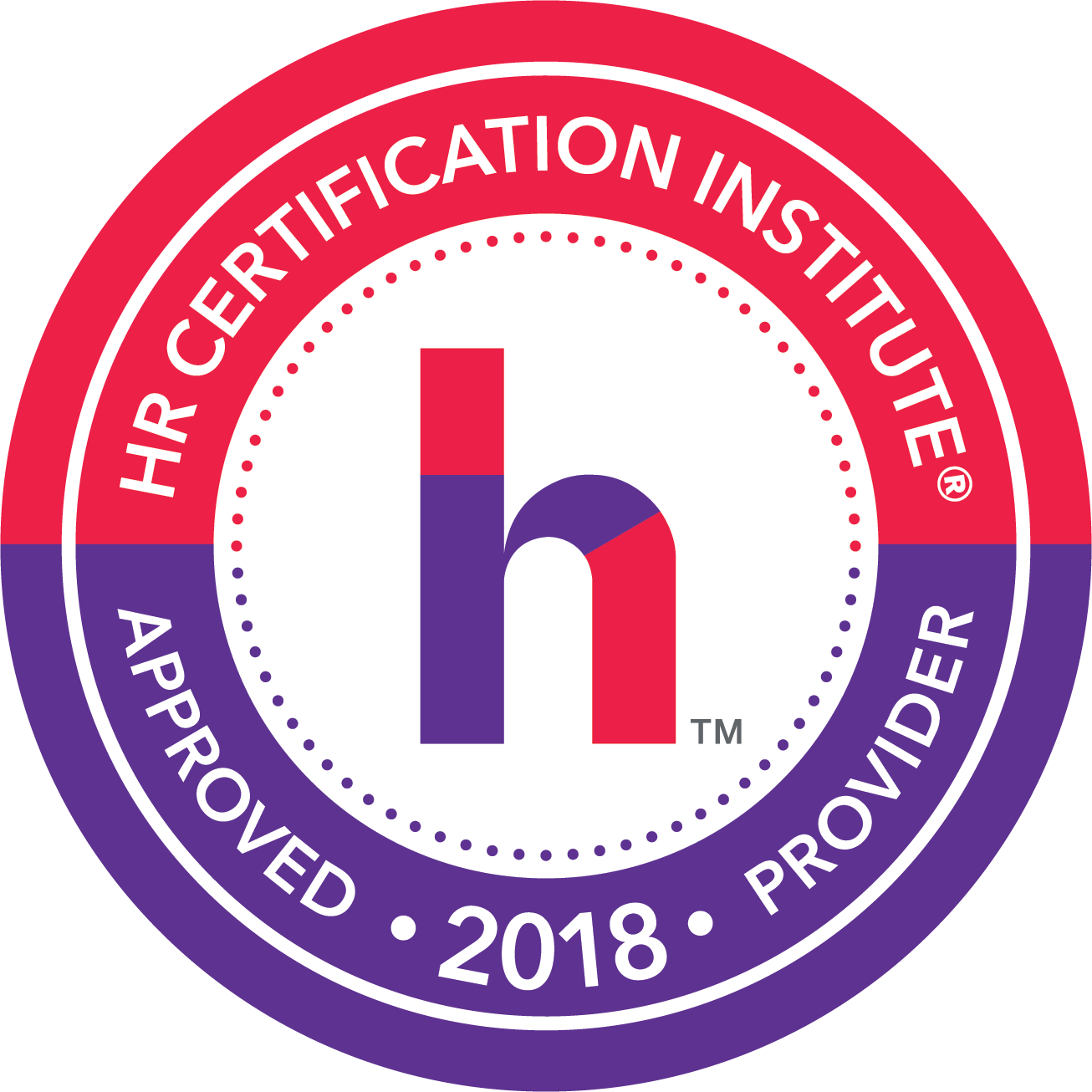Handling FMLA Abuse
Susan Fahey Desmond is a principal with Jackson Lewis PC. She has been
representing management in all areas of labor and employment law for
over 30 years. A noted author and speaker, Ms. Desmond is listed in Best
Lawyers in America and has been named by Chambers USA as one of
America’s leading business lawyers.

This webinar has been approved for 1.50 HR (General) recertification credit hours toward aPHR™, PHR®, PHRca®, SPHR®, GPHR®, PHRi™ and SPHRi™ recertification through HR Certification Institute® (HRCI®). Please make note of the activity ID number on your recertification application form. For more information about certification or recertification, please visit the HR Certification Institute website at www.hrci.org
For any further assistance please contact us at support@grceducators.com

Abuse under the Family and Medical Leave Act touches every employer. They are difficult cases because you must deal with it (or you lose your good employees because they are doing their co-workers’ work) but at the same time, you almost assuredly setting yourself up for a retaliation suit. How do you put your company in the best legal position while dealing with abuse? Since the Family and Medical Leave Act (“FMLA”) was signed into law, employers have been faced with the challenge of ensuring compliance with the statute’s requirements while also developing strategies to prevent employees from taking unfair advantage of the system. Although confusion surrounding employers’ obligations under the FMLA continues to be an issue, many employers have successfully developed policies to prevent employees from taking FMLA leave they are not entitled to take. Abuse can be difficult to identify and maybe even more difficult to address. In addition to the FMLA, there are a host of other laws that protect employees while taking leave. While most employees will not abuse these rights, many will. Those who abuse the system create many headaches for employers and cause morale problems among those who are not abusing the system. Intermittent leave tends to be the most susceptible to abuse and the most difficult for employers to address. How do you identify the abuse and what can you do about it?
Learning Objectives
- What types of leave are most likely to be abused and why
- How to uses medical certifications to combat abuse
- “Red flags” that suggest an employee might be abusing leave
- Conducting the proper investigation into potential abuse
- Avoiding retaliation claims when terminating after FMLA leave
- Documentation “dos” and “don’ts” when disciplining or terminating employees for excessive or fraudulent leave
Course Level - Intermediate
Who Should Attend
- Human resource managers
- Benefits specialists
- Risk managers
Why Should You Attend
Abuse of leave cannot be ignored. Your employees who do not abuse leave know – just as you do – which employees are abusing the right to leave. They get very upset when they see that you are not dealing with it. And, eventually, they will leave costing you the money you put into training them and the costs associated with finding a new hire.
-
$200.00
-


